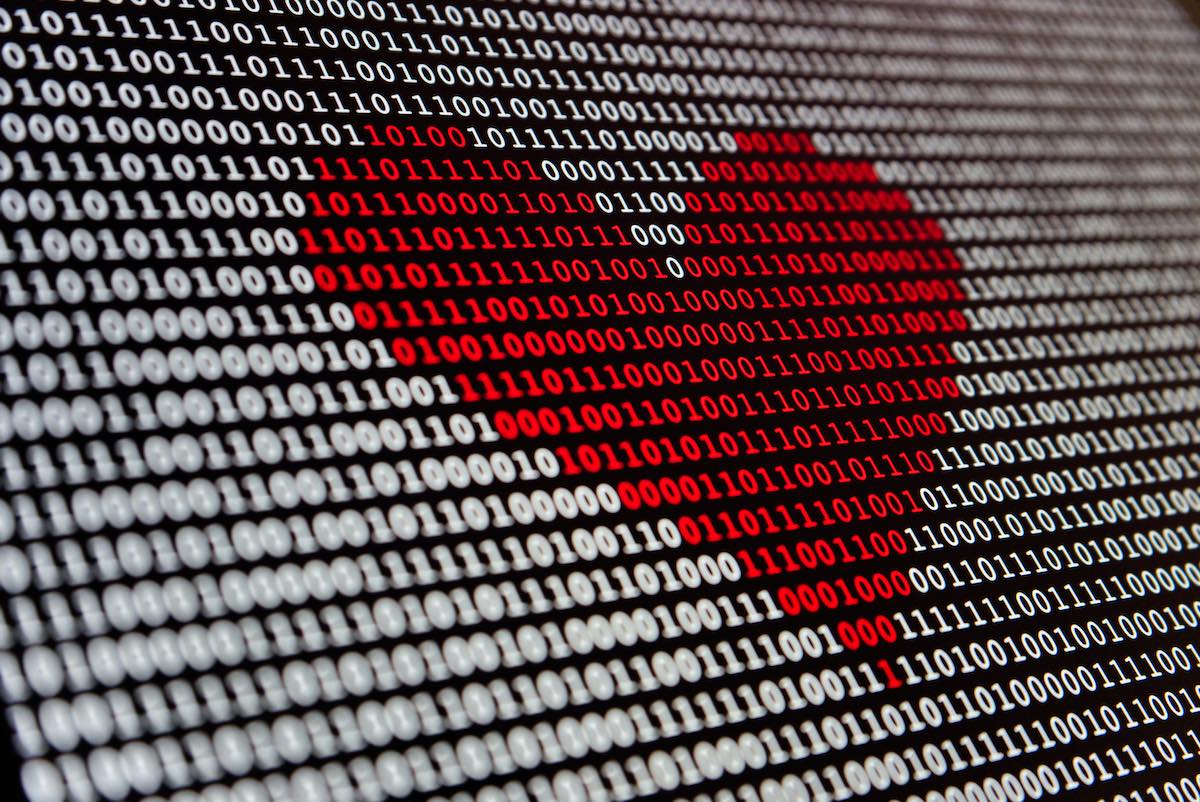Data Analyst Salary + How to Become a Data Analyst
What does a data analyst salary look like, and how do you become a successful data analyst?
In today’s data-heavy world, there are tons of data to be collected, analyzed, and interpreted.
Data is used to solve problems, make decisions, create forecasts, and understand deeper complex issues. . With a career as a data analyst, you could have a fascinating job turning data into real solutions and earn a great data analyst salary, as well.
A Data Analyst’s Job Description
A data analyst evaluates a selection of data to identify useful information to make more educated decisions on a given area of focus.
Data analysts may analyze sales numbers, market research, logistics, or other behaviors to identify patterns, insights, or trends. From there, they present it in ways to help people, businesses, and organizations make better decisions.
How to Become a Data Analyst
While it’s not absolutely necessary, most entry-level data analyst positions prefer hiring an employee with a bachelor’s degree in a related field. Most related areas of study emphasize data analytics, statistics, and math.
If you don’t have a bachelor’s degree or are trying to make a career transition, consider getting an online certification in data analytics.
There are many online certifications or “bootcamps” that teach all of the required data analytics skills. Sometimes these certification programs help students find industry job openings upon program completion.
In some cases, depending on what level of data analytics you’re trying to enter, you might consider getting a master’s degree in the field. This can help students gain a better technical understanding of ways to evaluate data as well as how to retrieve data from one or more sources and prepare it for presentation.
Necessary Skills for a Data Analyst
According to research done by Dataquest, here are the eight most important data analyst skills:
- Data cleaning and preparation
- Data analysis and exploration
- Statistical knowledge
- Creating data visualizations
- Creating dashboards and reports
- Writing and communication
- Domain knowledge
- Problem solving
Responsibilities of a Data Analyst
Depending on the specific role or the person’s area of expertise, a data analyst may have different responsibilities.
A data analyst in descriptive analytics assesses what has happened historically. This might mean that the analyst reviews sales metrics, website traffic, or other historical data to make future forecasts.
A diagnostic analyst compares data to figure out the reason behind an outcome. This helps organizations determine the root cause of different scenarios.
Someone focusing on predictive analytics helps forecast future possibilities or scenarios. This helps companies be proactive in their decisions (i.e. determining how much inventory to procure, how to allocate staffing resources, etc.).
An analyst focusing on prescriptive analytics helps organizations define and cement their actions. While this is similar to predictive analytics, this area of focus helps companies stay ahead of trends by using complex and very technical algorithms to make a prediction.
Requirements for Data Analysts
Data analysts must love working with numbers, and often spend much of their time evaluating large datasets that can be complex and very technical. In addition, they may use a variety of technical resources to come to conclusions. Data analysts are often required to work with a variety of computer programs and computer languages.
While data analysts often do have to communicate with others to explain their findings, the majority of a data analyst’s job is done independently, so a strong independent work ethic is a must.
Software and Languages Data Analysts Use Include:
- SQL
- XML
- Javascript
- Excel
- SAS
- Python
- Tableau
- KNIME
- R
- Jupyter Notebook
Certifications for Data Analysts
Originally rounded up by Forbes, this list covers a variety of data analytics certifications at different price points:
The IBM Data Science Professional Certificate will get you started with a foundation in data science. (This course is free!)
DataCamp has more than 380 courses designed to meet the needs of a data scientist, data engineer, statistician, programmer, and data analyst. (Pricing from $12.42 per month)
Microsoft Certified: Power BI Data Analyst Associate is for someone who already has a fundamental understanding of data processes and data repositories, and helps one become a subject matter expert in the field. (Pricing from $165)
Cloudera CDP Certification Program teaches everything from administration to data analysis. (pricing from $300)
The Amazon AWS Certified Big Data certification is for those with at least two years of experience using Amazon Web Services (AWS) technology. (pricing from $300)
What is an Average Data Analyst’s Salary?
According to PayScale, the average data analyst’s yearly salary is $63,442, with a base salary range from $46,000 to $88,000.
The Bureau of Labor Statistics, (BLS) notes that the 2021 median salary was $82,360 per year, or $39.59 per hour.
How to Increase Your Compensation as a Data Analyst
The best way to get a higher salary as a data analyst is to gain on-the-job experience and further your knowledge through continuing education or certifications. The better and more thorough understanding you have of data analytics, the higher likelihood that you will be able to increase your compensation.
How to Find a High-Paying Job in Data Analysis
The best way to find high-paying jobs in data analytics is to search for postings on job boards and leverage your connections to learn which companies compensate their employees the best.
Do some research and discuss average total compensation, salary range, bonus structures, and annual salary with data analysts in your area to see how you can find the highest-paying job based on your skills and qualifications.
Other Questions About Data Analysts
What kind of degree do data analysts need?
If you’re considering going into the data analytics or big data career path, consider what kind of degree you want to get (bachelor’s degree, master’s degree, or just certifications) and how those degrees and specialized training will affect your earning potential.
Finally, if you already have a degree and would have to go back to school to get a related degree, it’s smart to ask yourself if this is the right option for you, or if you could maximize your earning potential simply by getting post-degree certifications to further your knowledge in the field.
Is data analytics a good career path?
Yes! As high-quality data becomes easier to collect, organizations increasingly seek data analysts to transform those analytics into actions.
According to the Bureau of Labor Statistics, demand for professionals with data analysis skills is expected to grow by 33% by 2030.
This article was written by The Salary Project writer, Michele Lando.
World’s Best Hack: A Script To Ask For A Raise
Download our free raise script + learn:
Heads up! By downloading our script you’re agreeing to join our newsletter. You can unsubscribe at any time!







